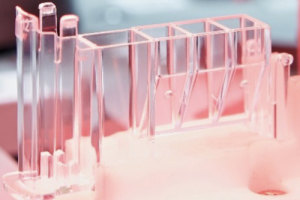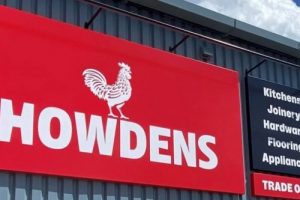Momentum slows at windows and doors retailer following difficult year

Safestyle UK, a retailer and manufacturer of PVCu replacement windows and doors, has slipped to a loss after being hit by “unforeseeable issues” during the 2022 financial year.
After non-underlying items, reported loss before taxation for the Bradford-based business was £8.5m compared to a profit of £6m in the prior year.
The firm also recorded revenue growth of 7.7% to 154.3m (2021: £143.3m) and order book (value) over 60% ahead of pre-pandemic levels.
CEO Rob Neale said: “We were forced to deal with a number unforeseeable issues which impacted our financial results and slowed the momentum we had built up through 2021.
“The most pleasing aspect of 2022 was the resilience our business showed to meet these challenges head on and simultaneously embark upon a significant strategic investment agenda which will set the foundations in place for our business to grow over the medium term.
“During the first quarter of this financial year, we have seen variable trading patterns which reflect the difficult consumer environment across the wider economy.
“The Board remains focused on increasing our market share by continuing to invest behind our strategic agenda.”
Safestyle explains its underlying fall in profits was due to the estimated £4m impact of a Russian cyber-attack in quarter one and its £5m strategic investment programme.
The company also had to contend with the extremely hot summer weather affecting equipment in its factory and the political volatility of the autumn – which meant its pre-investment profit reduced to around break-even.
It says the economic and consumer outlook worsened in the second half of year, with consumer confidence levels reportedly at a 40-year low and inflation at a corresponding record high.
In its outlook statement, Safestyle notes the trading context of the UK economy and consumer confidence remains “challenging.”
It says order intake for the year to date has been variable. January was in line with management’s expectations but February and March to date have been slower than anticipated.







